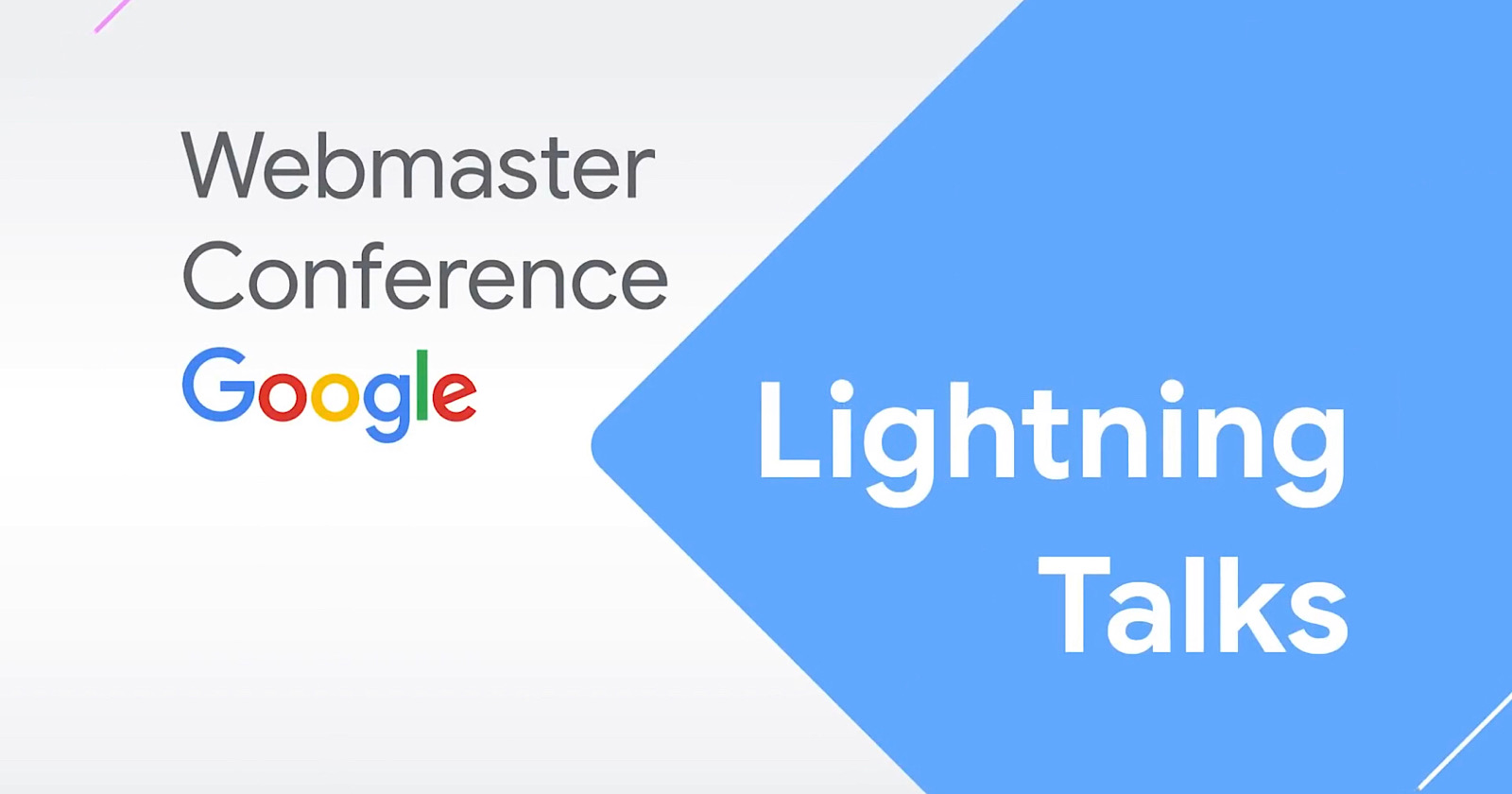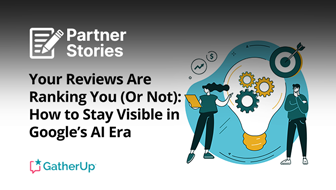Google’s John Brown explains how the company’s monetization policies are created to meet the needs of publishers and advertisers.
Brown, the monetized policy education lead at Google, goes over why policies are created, how they’re enforced, and how they help protect Google’s advertising ecosystem.
Creating Monetization Policies
In creating monetized policies, the Google Trust & Safety team strives to strike a balance between:
- Keeping advertisers happy
- Increasing publisher revenue growth
- Maintaining positive user experiences
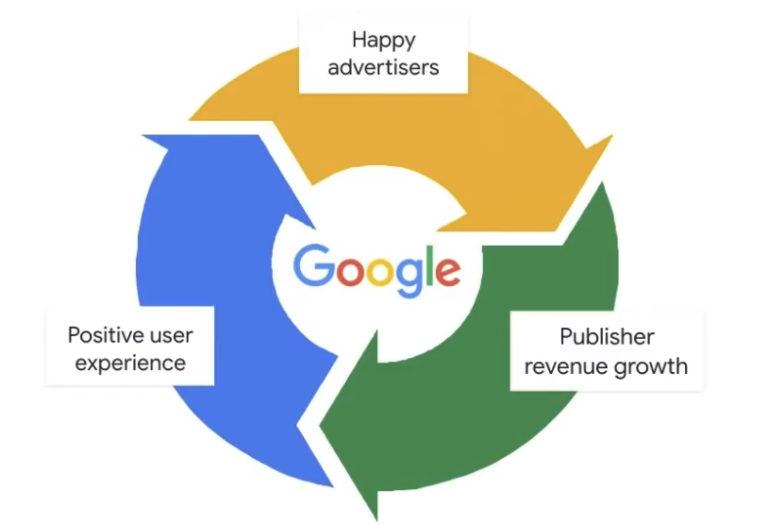
When it comes to policy enforcement, some advertisers may think Google doesn’t go far enough, while publishers may think Google goes too far.
Google aims to keep the needs of the entire industry in mind when creating and enforcing its monetization policies.
The company constantly reviews its policies, and enforcement of those policies, in order to be fair and thorough.
Restricted Content Policies
Google admits that having policies around what types of content can be monetized may seem like the company is punishing publishers while benefiting advertisers.
But these controls are important for the industry as a whole, Google says,
Google determines the controls to implement based on its years of developing traffic policies, and analyzing the vast amounts of data collected.
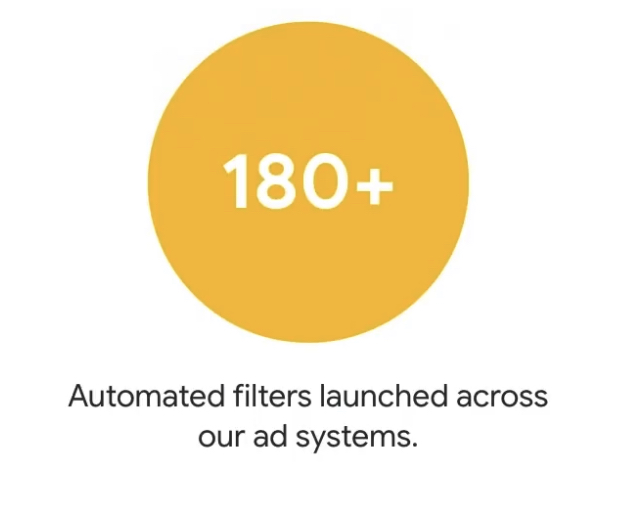
There over 180 signals and filters in place to help defend Google’s advertiser/publisher network.
Google also puts controls in the hands of publishers and advertisers themselves, which lets them make the right decisions for their businesses.
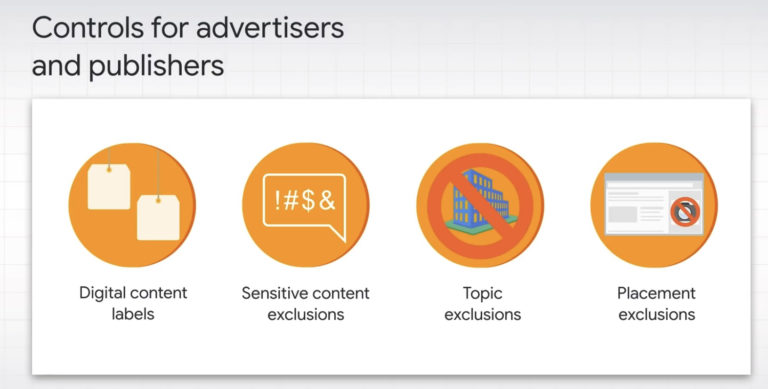
Policies vs. Restrictions
Recently, Google modified the way it creates and enforces policies to better protect its advertising ecosystem, as well as help publishers.
One of the greatest changes Google has made in that regard is aligning its content policies across AdSense, AdMob, and Google Ad Manager.
Google did that with the goal of creating a simpler experience for publishers.
Along with the alignment of polices, Google has changed a number of content policies to restrictions.
A restriction means monetization is limited for certain types of content, but not prohibited altogether.
Take alcohol content, for example. Before the launch of restrictions, content involving alcohol could not be monetized at all.
Now that alcohol content has become restricted, it’s eligible for monetization but individual advertisers can opt out of having their ads displayed.
Content labeled as a restriction may receive limited or no monetization, depending on how many advertisers opt in/out.
But the main takeaway is it’s no longer a policy violation to publish ads next to “restricted” content.
This is an example of Google trying to balance the needs of publishers with the needs of the ecosystem as a whole.
Related: Google AdSense Explains Why Grandma Swimsuit on a Mannequin is ‘Sexual Content’
Enforcing Monetization Policies
Google reviews all websites that apply to publish ads, verifying they’re in compliance with its monetization policies.
Further, Google continuously re-reviews existing publisher content to ensure that it remains in compliance.
A review includes both human reviewers and automated systems.
Automated review is necessary, Google says, in order to process vast amounts of data in seconds.
“Automated review is how we can protect the network at scale from the simple, as well as the the highly sophisticated threats including clickjacking, malware, and cookie stuffing.”
Google notes how high its standards are, saying it rejects 88% of all publisher applications
Similarly high standards are in place for advertisers as well, as Google blocks tens of millions of ads each year.
For more on the creation and enforcement of Google’s monetized polices, see the full video below:
Related: AdX vs. AdSense

